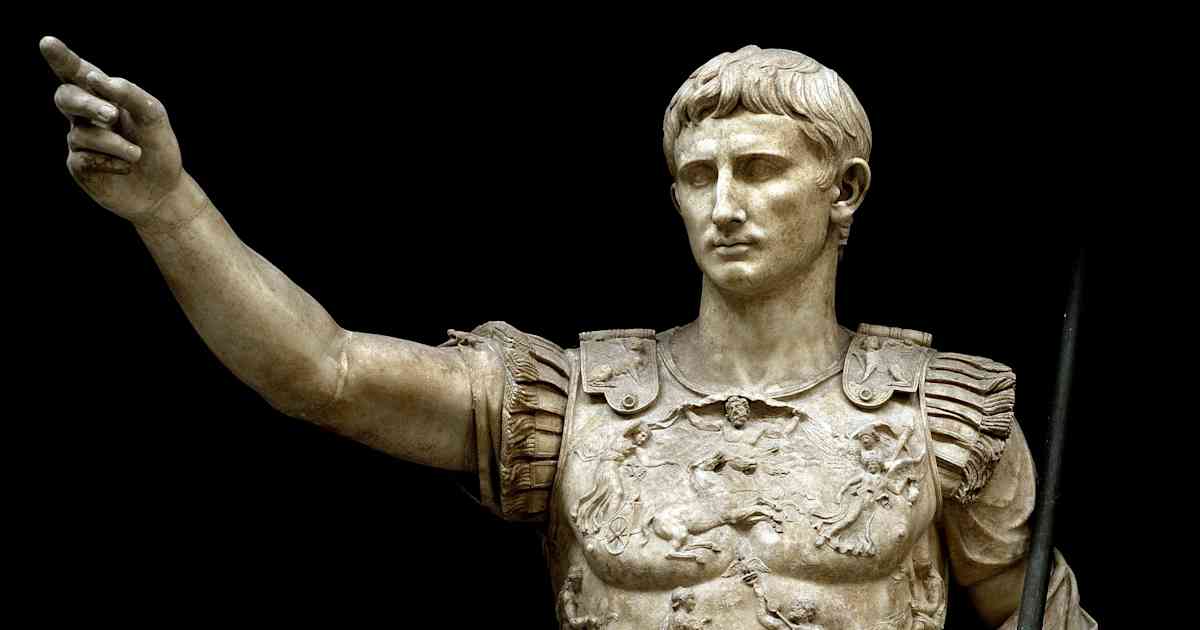These are created in Northern Europe.
They are sea-walls created to hold back water and farm the arable land that would otherwise be under water.
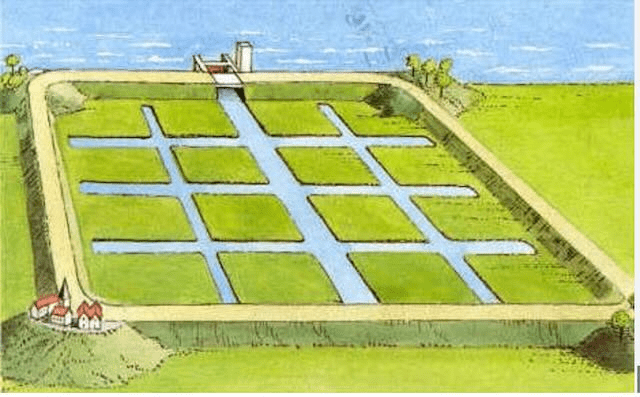
What is a polder
True or False: Government workers worked for free during Greece's Golden Age
**FALSE**
During Greece's Golden Age, city-states began to pay government workers so that people who weren't rich could govern as well.
This branch of government MAKES Laws
**What is the Legislative Branch?**
He took over the family business and spread his father's empire and Greek culture to 3 continents.
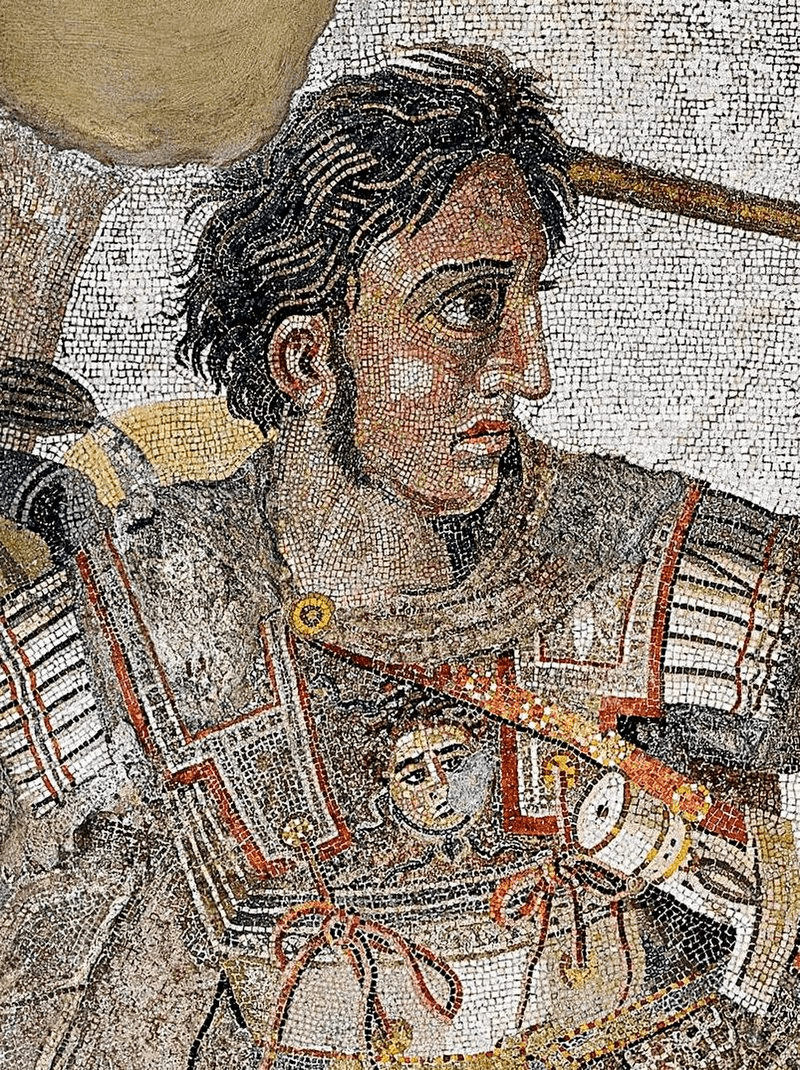
**Who is Alexander the Great?**
If you had a sore throat in Ancient Greece, he was your best hope.

Europe not only IS one of these, but it's land is also made up of several of them. This means that sea and fishing culture are a big deal here.
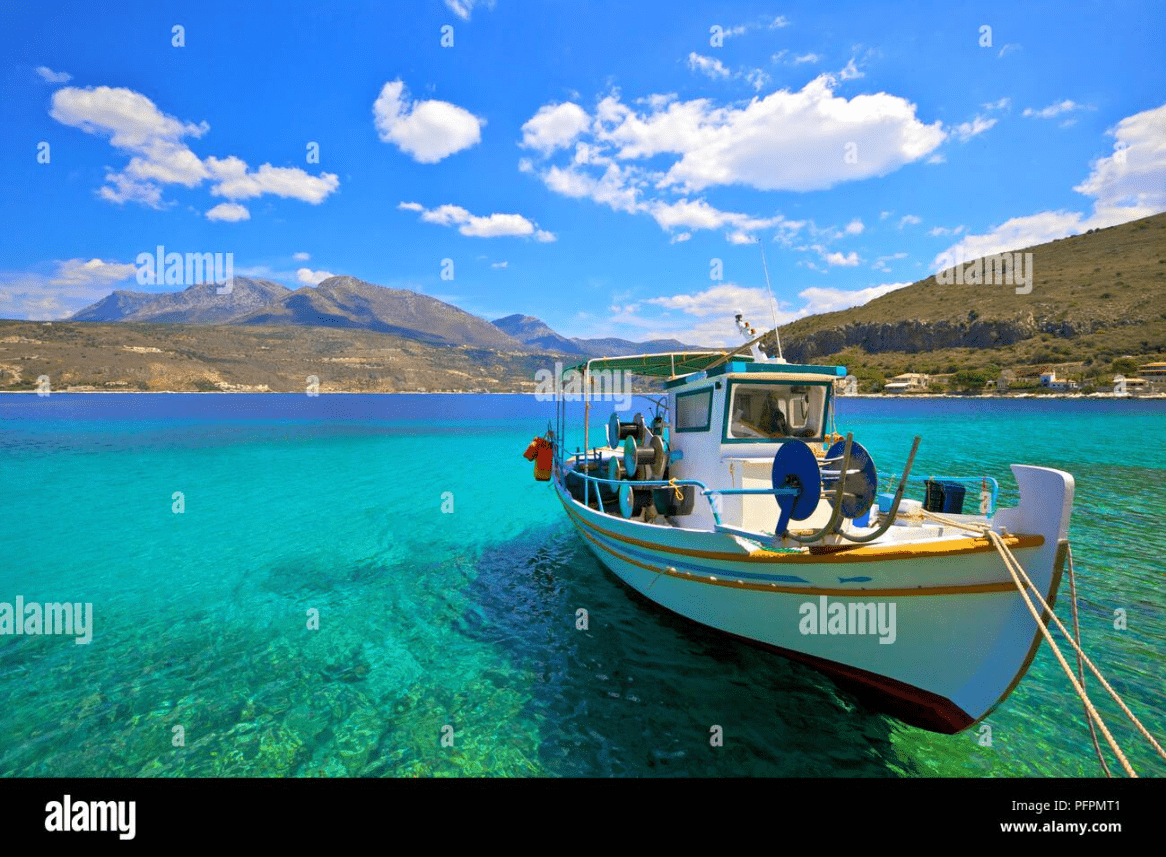
**What is a peninsula?**
TRUE or FALSE:
During Greece's Golden Age, Athens was rarely involved with other Greek city-states.
FALSE
Athens tried to dominate other Greek city-states during Greece's Golden Age.
The Judges and the 12 Tables were a part of this branch of Roman government.
What is the Judicial Branch?
He unified all of Western Europe during the Dark Ages.
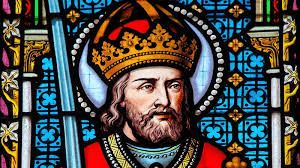
**Who is Charlemagne?**
His Last Supper was NOT pizza, (despite his name).
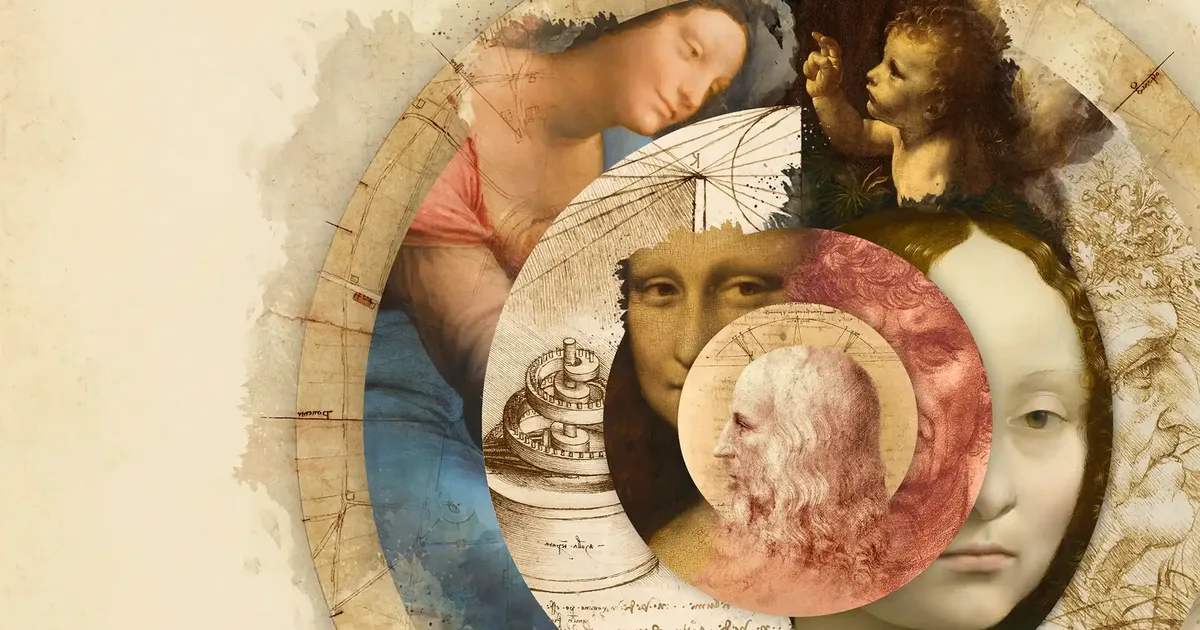
**Who is Leonardo da Vinci?**
This body of water lay between the continents of Africa and Europe. It is responsible for much of the good weather of Europe, as well as the good fishing.
**What is the Mediterranean Sea?**
TRUE or FALSE: During Greece's Golden Age, Hippocrates advanced the study of medicine.
TRUE
These two bodies made up the Legislative Branch of the Roman Government
What are the Assembly and the Senate?
(These were made up of individual Plebians and Patricians)
He was the founder of Geometry
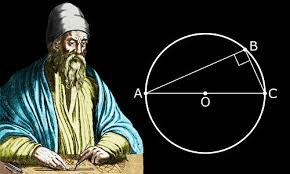
Who is Euclid?
He moved the Roman Empire to the East and was a convert to Christianity.

**Who was the Emperor Constantine?**
A calm body of water, surrounded by land on 3 sides.
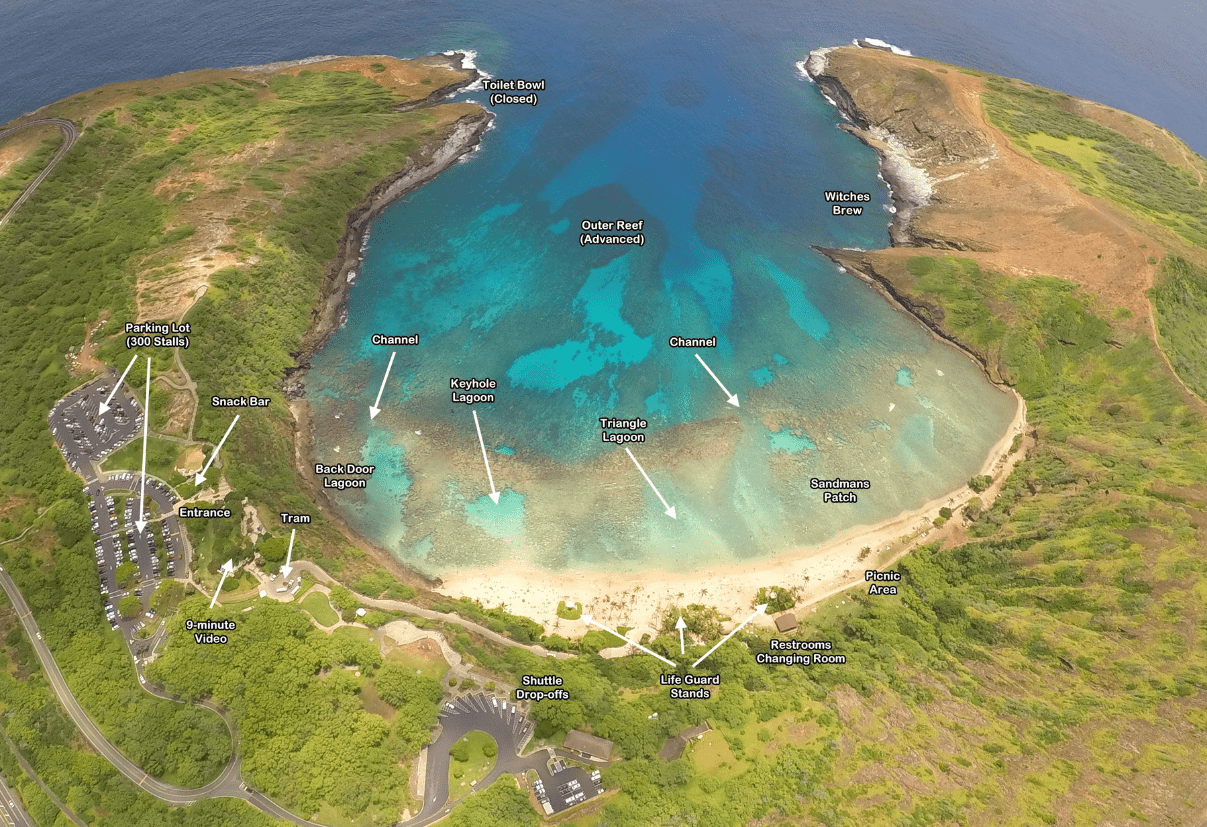
What is a bay?
TRUE or FALSE:
Euclid developed Algebra during Greece's Golden Age
FALSE
Euclid developed the principles of Geometry during Greece's Golden Age.
This branch of government INTERPRETS Laws.
**What is the Judicial Branch?**
His method of protest was to nail 95 problems with of the Catholic Church to the doors of his church.
**Who is Martin Luther?**
Before he came along, all books were written by hand and were extremely expensive.
Who is Johannes Guttenberg, the inventor of the Printing Press?

This feature of Europe means a lot of people enjoy long growing seasons, mild winters, and visitors from around the world.
what is a Mediterranean Climate?
TRUE or FALSE:
Adonis rebuilt Sparta during Greece's Golden Age
**FALSE**
Pericles rebuilt Athens during Greece's Golden Age.
This was the official Roman name of the head of their Executive Branch. (HINT: NOT "Caesar")
**What is a Consul?**
David was his greatest masterpiece.
**Who is Michelangelo?**

This type of person would usually be
-an advisor to the King
-maybe part of an Oligarchy
-rich
-a noble

What are aristocrats?
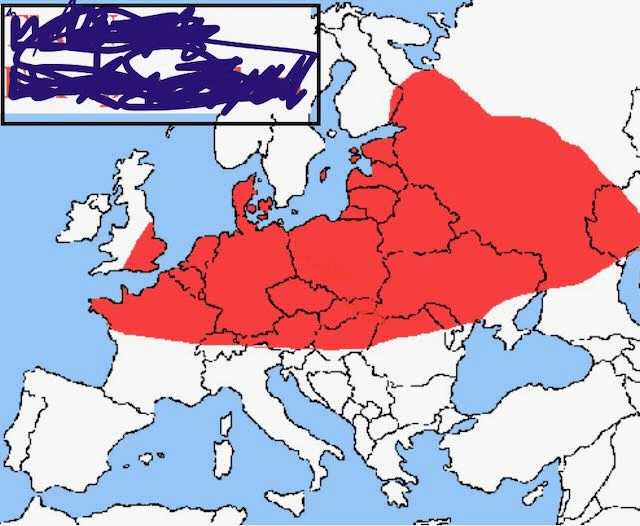 The name of this specific land feature in red is land that is the most farmable land in Europe.
The name of this specific land feature in red is land that is the most farmable land in Europe.
**What is the Northern European Plain**
TRUE or FALSE:
Socrates and Plato taught philosophy and the search for truth during Greece's Golden Age.
**TRUE**
What is the Executive Branch?
One of the great leaders of Rome, he began the "Pax Romans" or "Roman Peace".
Who is Augustus Caesar (formerly Octavian)?
The European Renaissance ended the Dark Ages and means "_______________"
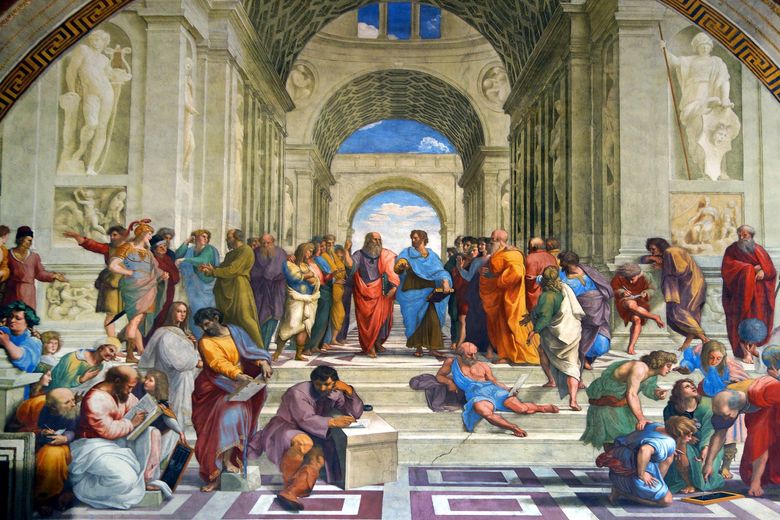
What is Re-Birth?
These are the possible downsides of a Direct Democracy.
A Majority of the people can deny a minority of people rights and become tyrannical.
These factors led to the Renaissance
(name as many as you can and get your bet for each of them)
-Increased trade with far off lands after the Crusades
-The Black Death killed so many people that remaining people began to gather in cities as the feudal system broke down.
-The Byzantine Empire fell in Eastern Europe and their classic Greek and Roman knowledge was brought west.
-the printing press was invented and people were able to read new books and ideas in their vernacular.
-the Catholic Church began to weaken
These are the possible downsides of a republic.
-Only a few people get a direct say in the government.
-Rich people can tend to have a heavy influence.
These were EFFECTS of the Renaissance
(name as many as you can and earn your bet for each correct response)
-artists began to draw and paint using advanced techniques like perspective
-architects began to incorporate ancient Greek and Roman design into buildings.
-writers began to write in the vernacular (languages of the common people)
-the Protestant Reformation (new kinds of Christian churches)
-the Counter-Reformation (the Catholic church reforms of itself)
